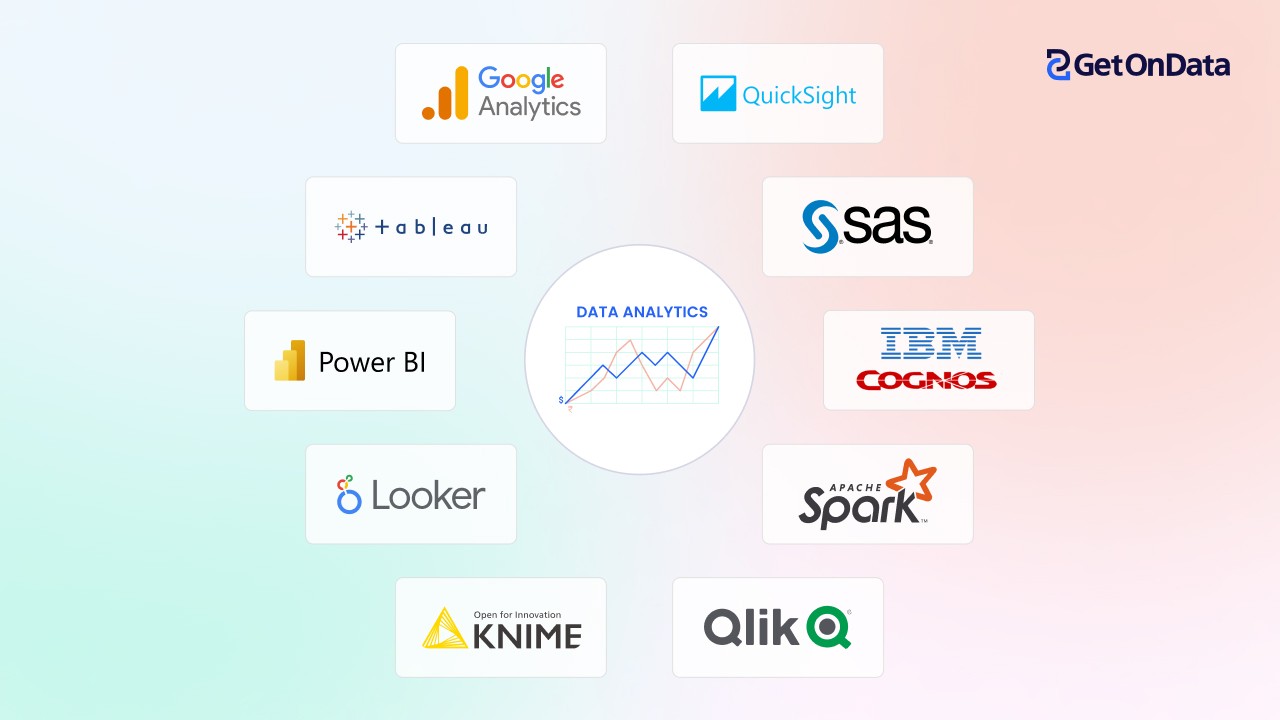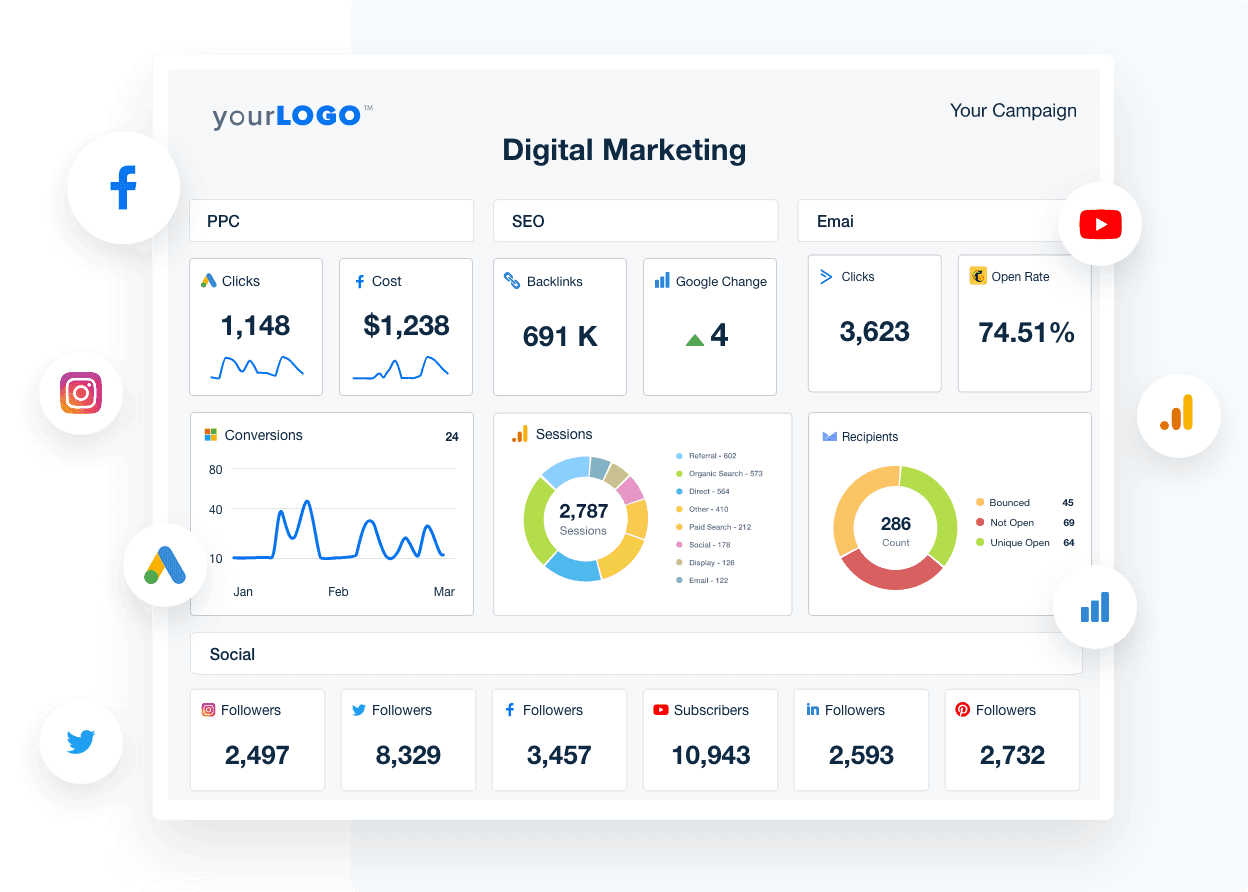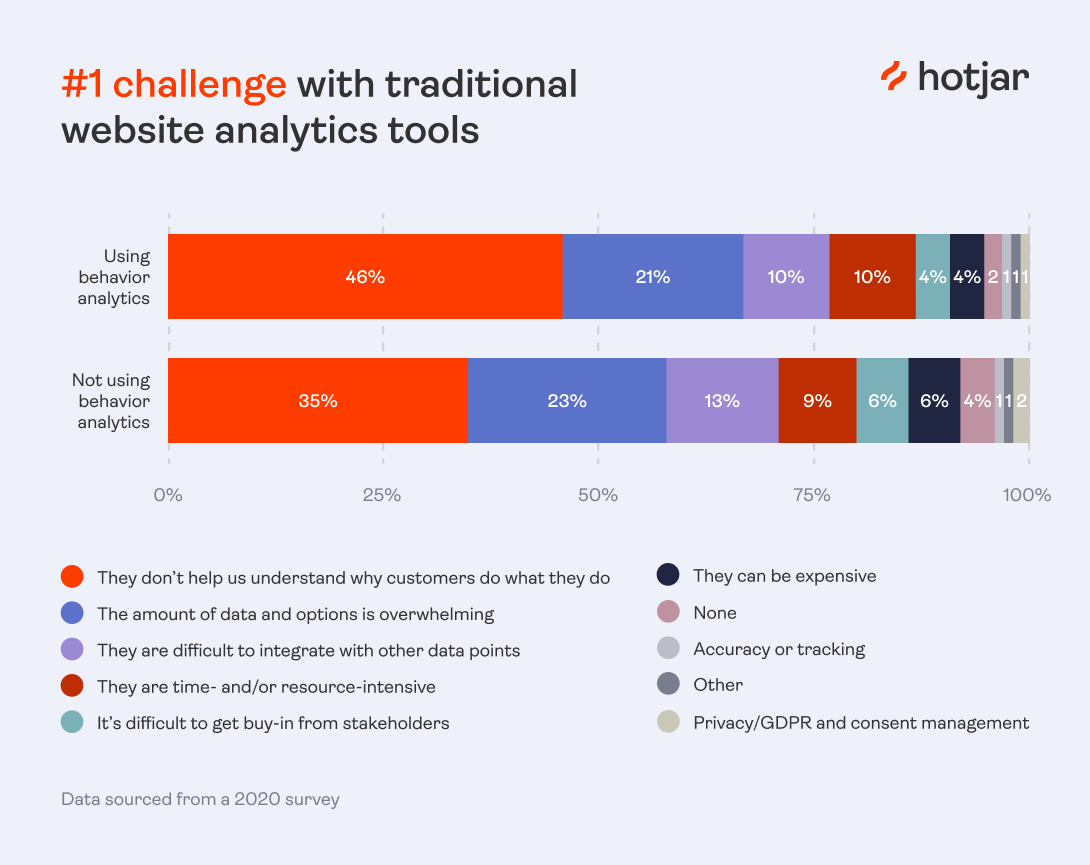Maximize Growth: How Analytics Drive Better Methods
In today's data-driven landscape, organizations significantly identify the pivotal duty of analytics in forming efficient development strategies. By harnessing data insights, organizations can improve their operational strategies, prepare for market changes, and boost customer interaction. Nevertheless, the obstacle lies not just in collecting information however in efficiently translating it to drive concrete results. As we explore the crucial advantages and approaches related to analytics, a crucial concern emerges: how can companies ensure they are leveraging these insights to unlock their full potential? The response may redefine the future of critical planning.
Recognizing Information Analytics
Data analytics is an organized computational analysis of information that makes it possible for companies to discover purposeful patterns and insights. This process includes a variety of methods, consisting of analytical analysis, predictive modeling, and information mining, which jointly intend to change raw information into workable details - Analytics. By utilizing these methods, organizations can make informed decisions that are rooted in empirical proof rather than instinct alone
The foundation of data analytics hinges on its ability to handle large amounts of details from diverse sources. This includes structured information, such as databases, and unstructured information, including social media communications and consumer feedback. Through the usage of specialized software application and tools, experts can remove and refine this information efficiently, recognizing patterns and relationships that may not be promptly noticeable.
Recognizing information analytics likewise involves recognizing the significance of data top quality and stability. Exact and dependable data is essential for significant evaluation; hence, companies must implement durable information administration practices. The repetitive nature of analytics enables for continual improvement and renovation of strategies, making sure that organizations stay agile in the face of transforming market dynamics and consumer actions.
Secret Advantages of Analytics

One of the essential benefits of analytics is its capability to give actionable understandings. Organizations can promptly analyze vast quantities of data, discovering patterns that may not be quickly apparent. This aids in preparing for market changes and adapting methods appropriately. Furthermore, analytics promotes a society of evidence-based decision-making, lowering dependence on instinct and guesswork.
An additional substantial advantage is boosted customer understanding. Analytics devices allow organizations to segment their audience, track customer behavior, and individualize advertising initiatives. This targeted method not just enhances consumer engagement however also drives greater conversion prices.

Implementing Analytics Methods
To fully understand the advantages of analytics, companies should adopt organized techniques for application. This begins with plainly defining purposes that align with more comprehensive company objectives. By developing certain, measurable results, organizations can focus their analytics initiatives on areas that yield the greatest roi.
Following, companies ought to focus on data governance to guarantee the integrity and protection of the information being evaluated. This entails establishing methods for information collection, storage, and accessibility while sticking to relevant laws. Ensuring premium information is important for producing significant insights.
Moreover, cultivating a society of data-driven decision-making is crucial. This requires training workers to analyze analytics findings and motivating partnership across divisions. When groups understand web the value of analytics, they are much more most likely to incorporate understandings right into their day-to-day procedures.
Finally, companies need to regularly evaluate and refine their analytics strategies. The landscape of information and innovation is continuously progressing, and remaining versatile will enable organizations to utilize new tools and methods effectively. By executing these structured methods, organizations can maximize the impact of their analytics efforts and drive lasting development.
Devices for Reliable Evaluation
Reliable analysis counts on a range of tools that promote the removal of insights from information - Analytics. These devices can range from straightforward spreadsheet applications to innovative equipment learning platforms, each serving a distinct objective in the logical process
Information visualization software program, such as Tableau and Power BI, plays a vital duty in changing complicated datasets right into easy to understand graphical depictions. These devices make it possible for analysts to identify patterns and fads promptly, permitting even more educated decision-making.
Statistical evaluation software application, like R and SAS, offers advanced capacities for carrying out comprehensive evaluations, consisting of regression, theory screening, and anticipating modeling - Analytics. These features empower organizations to draw significant verdicts from their data, determining prospective chances and threats
Moreover, database monitoring systems such as SQL and NoSQL data sources supply the essential facilities for storing and quizing large volumes of information efficiently. They make certain that information is organized and accessible for analysis.
Lastly, company knowledge systems integrate various data sources, supplying a detailed sight of business performance. By utilizing these devices properly, companies can enhance their logical capabilities, enabling them to click to investigate create strategies that make the most of development and improve total performance.
Study of Success
Effective organizations commonly leverage data analytics to drive impactful approaches, as evidenced by numerous noteworthy case research studies. By employing these insights, Netflix has actually news efficiently customized its content recommendations, resulting in boosted user involvement and client retention.

In addition, Starbucks uses information analytics to establish optimum shop areas and fine-tune its product offerings. By examining client demographics and purchasing patterns, Starbucks successfully identifies high-potential markets and tailors its food selection to local tastes, driving sales and customer commitment.
These study illustrate that reliable use of data analytics can result in calculated benefits, promoting innovation and development within organizations across various sectors.
Verdict
In verdict, the integration of analytics right into organizational techniques significantly enhances decision-making processes and fosters lasting growth. The efficient execution of analytics tools better supports agility and development, enabling organizations to browse competitive landscapes with better accuracy.
Information analytics is an organized computational evaluation of data that makes it possible for organizations to discover meaningful patterns and insights.Comprehending data analytics additionally entails acknowledging the importance of information top quality and stability. Reputable and precise data is critical for significant analysis; thus, organizations must carry out robust information governance practices.Following, organizations ought to prioritize information governance to make sure the honesty and safety and security of the information being analyzed.Effective organizations often take advantage of information analytics to drive impactful methods, as confirmed by a number of notable situation researches.